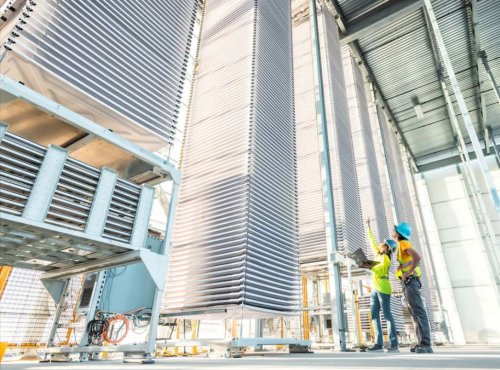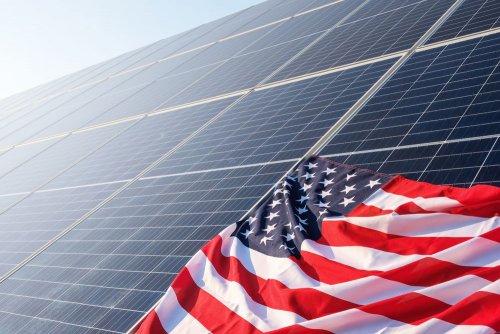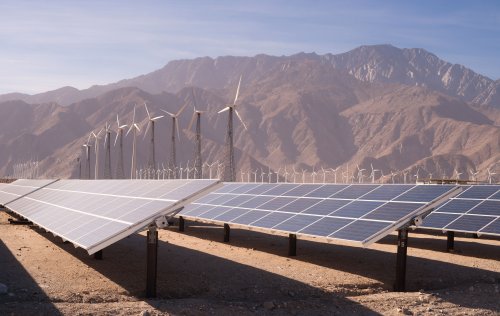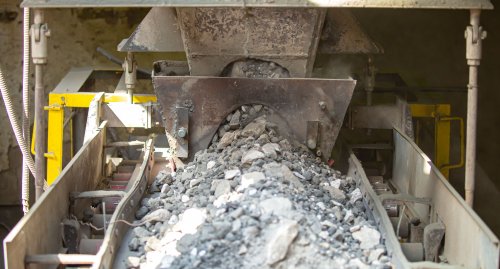Researchers at the European Climate Neutrality Observatory (ENCO) have urged the bloc to significantly accelerate its efforts to reduce emissions in order to meet climate targets for 2030 and 2050.
Currently, the lowest progress towards climate neutrality is observed in forestry and the financial sector, reports Sustainable Future News.
It is noted that the EU needs to increase its annual climate investments by €360 billion in order to reach the goal of zero emissions by 2050. In addition, the bloc called for increased measures to help households reduce their carbon footprint.
The EU Climate Neutrality Progress Report showed that an additional 132 megatonnes of CO2 would need to be cut to meet climate targets by 2030. This figure is equal to the annual production of 332 gas power plants.
However, the ECNO report warns that data gaps prevent policy makers from making informed decisions on achieving climate neutrality. While EU legislators are not required to follow the advisory body's recommendations, an upcoming report from the European Court of Auditors is expected to confirm the researchers' findings. In particular, regarding the fact that the EU has not taken sufficient measures to achieve its goal by 2030.
The ECNO report also showed that the average EU carbon footprint from households decreased by just 1.2% annually between 2014 and 2019. Such dynamics are considered insufficient to achieve the goal of climate neutrality by 2050.
The report noted that the bloc lacked policies that would support consumers in adopting a sustainable lifestyle other than modestly reducing red meat consumption. The report also drew attention to the need to decarbonize the European agri-food sector twice as fast.
The study also found that spending on fossil fuel subsidies skyrocketed to €46.2 billion due to the energy crisis and the Russian-Ukrainian war. In addition, at the bloc level there are no indicators of the financial system's compliance with the Paris Agreement, as well as the absence of mechanisms for tracking the compatibility of trade policy with its goals. Also ECNO is concerned about:
- insufficient investment in electricity grids to support the use of renewable energy sources;
- slow progress in phasing out fossil fuel boilers;
- limited use of "green" energy by industries.
The report stressed that these areas need urgent attention.
The material added that 2022 in Europe was the warmest year on record. Average temperatures were about 2.3°C above the pre-industrial era.
Earlier, EcoPolitic wrote, that report by the Statistical Review of World Energy showed that the record growth in renewable energy capacity to 266 GW did not affect the dominance of fossil fuels in 2023.
As EcoPolitic reported earlier, in the EU, carbon emissions from energy production in 2022 decreased by 2.8% and amounted to 2.4 billion tons.





